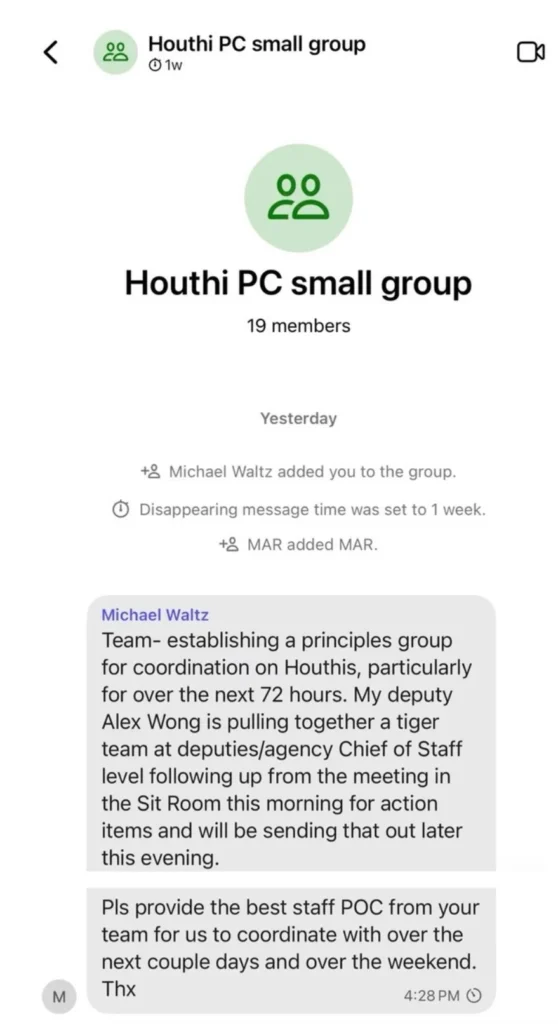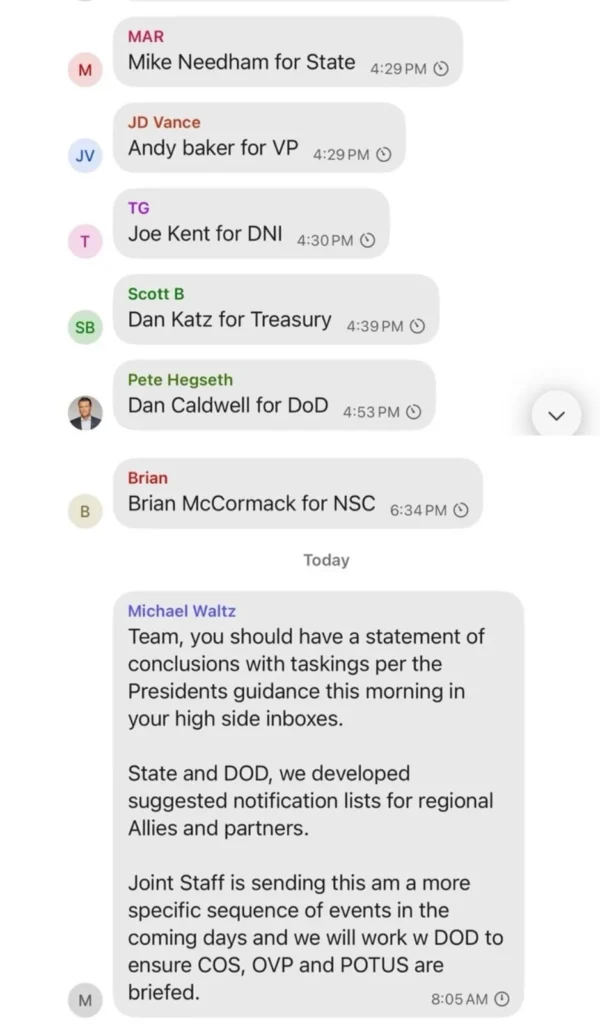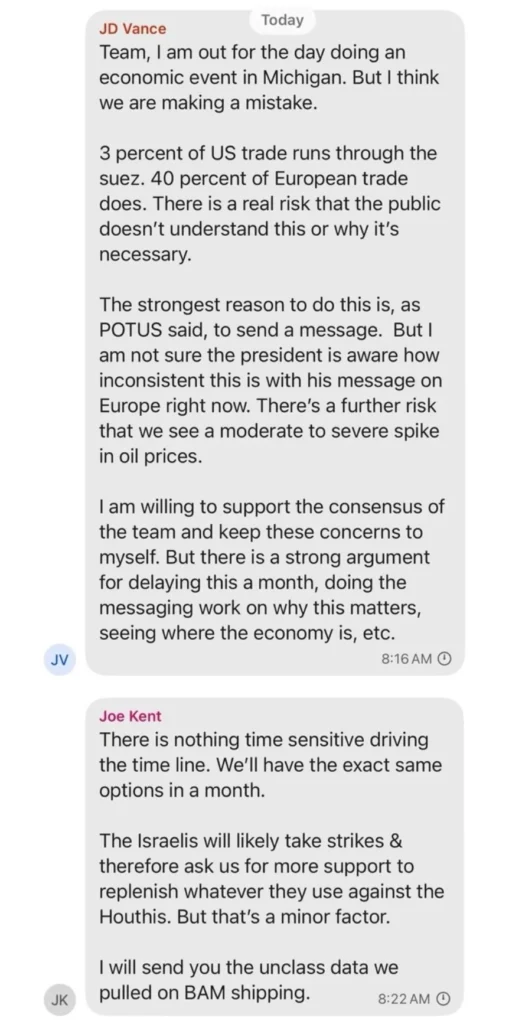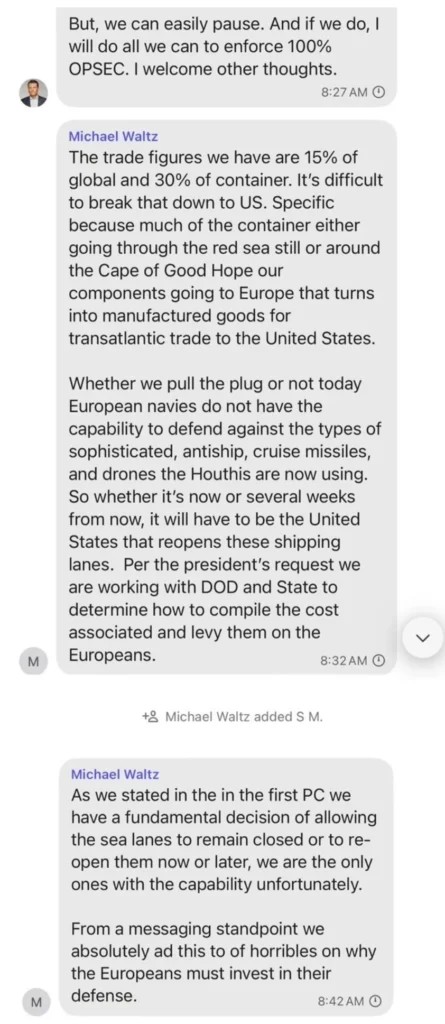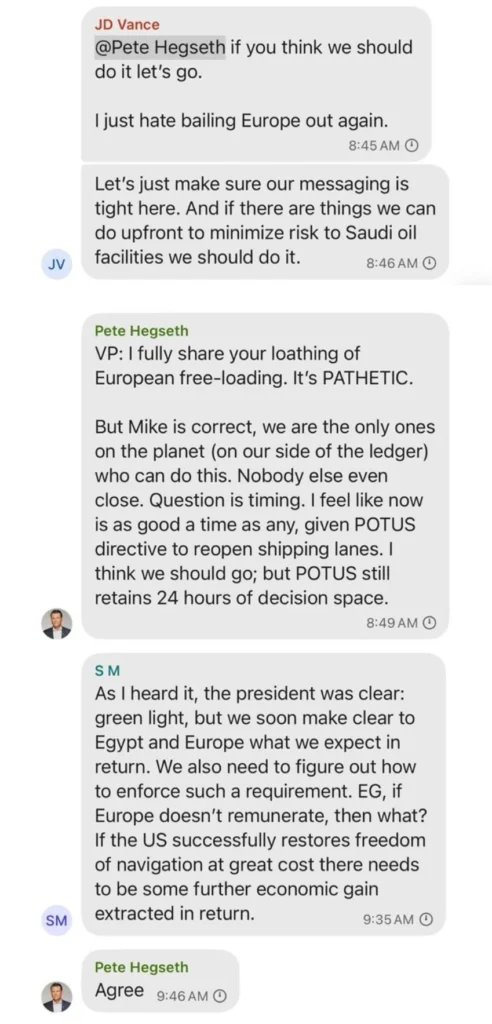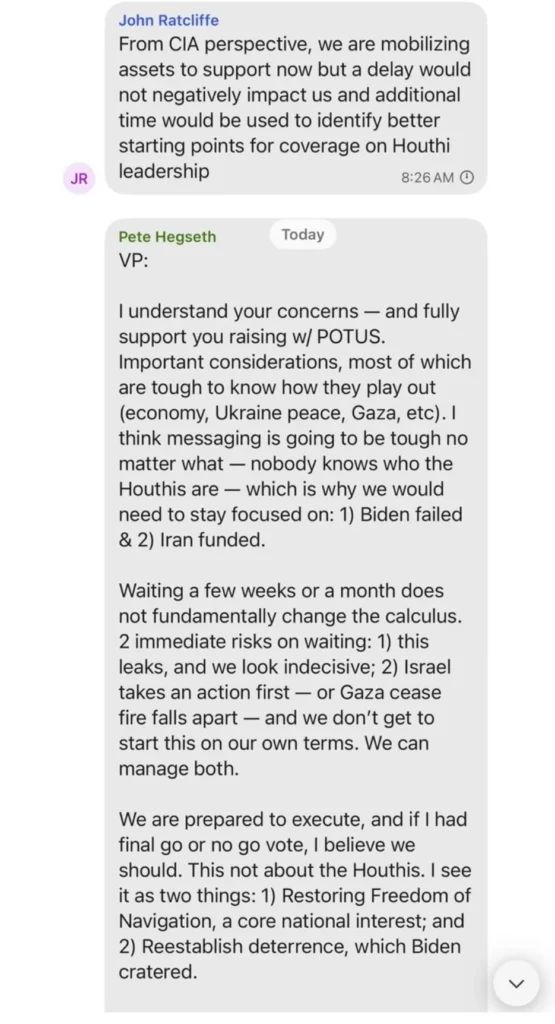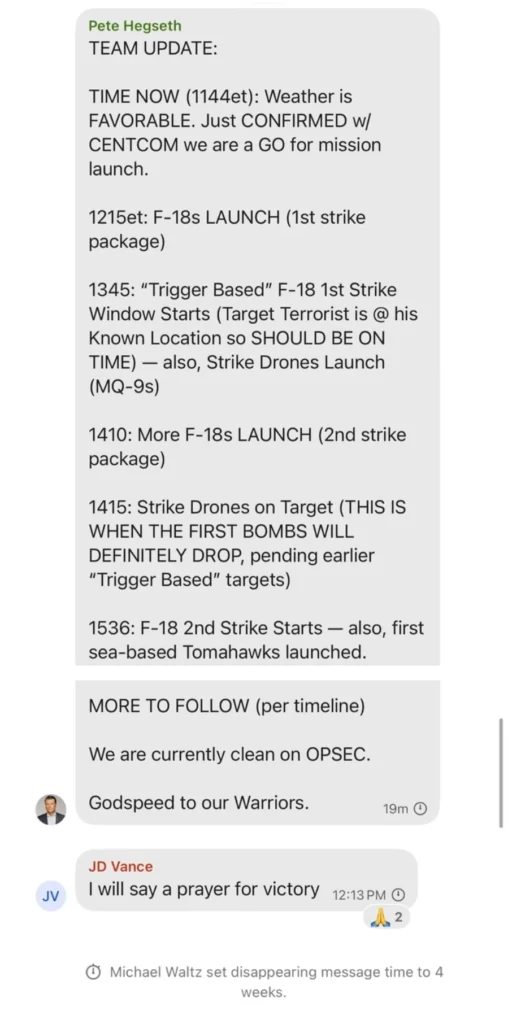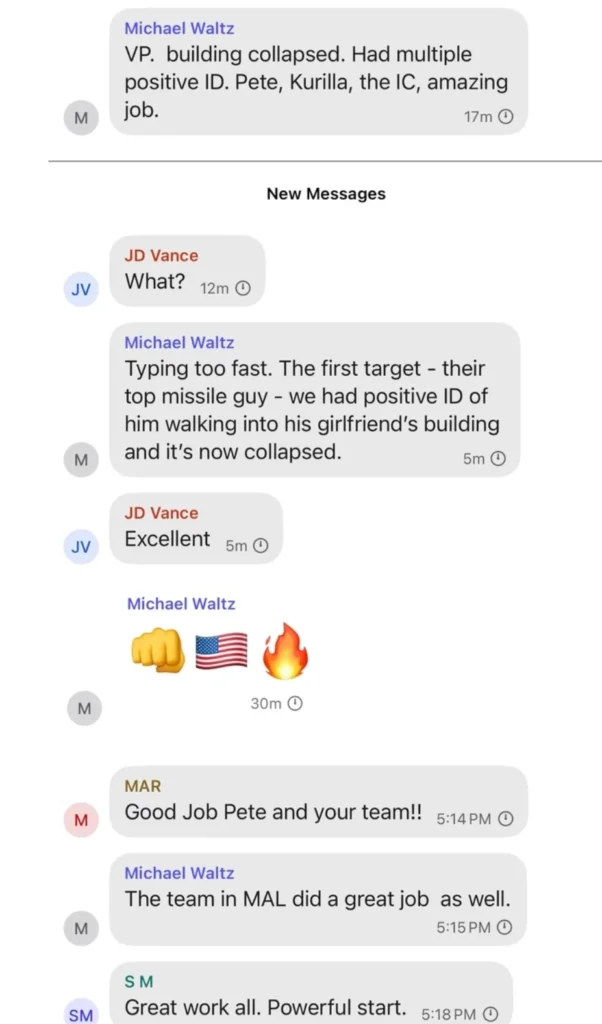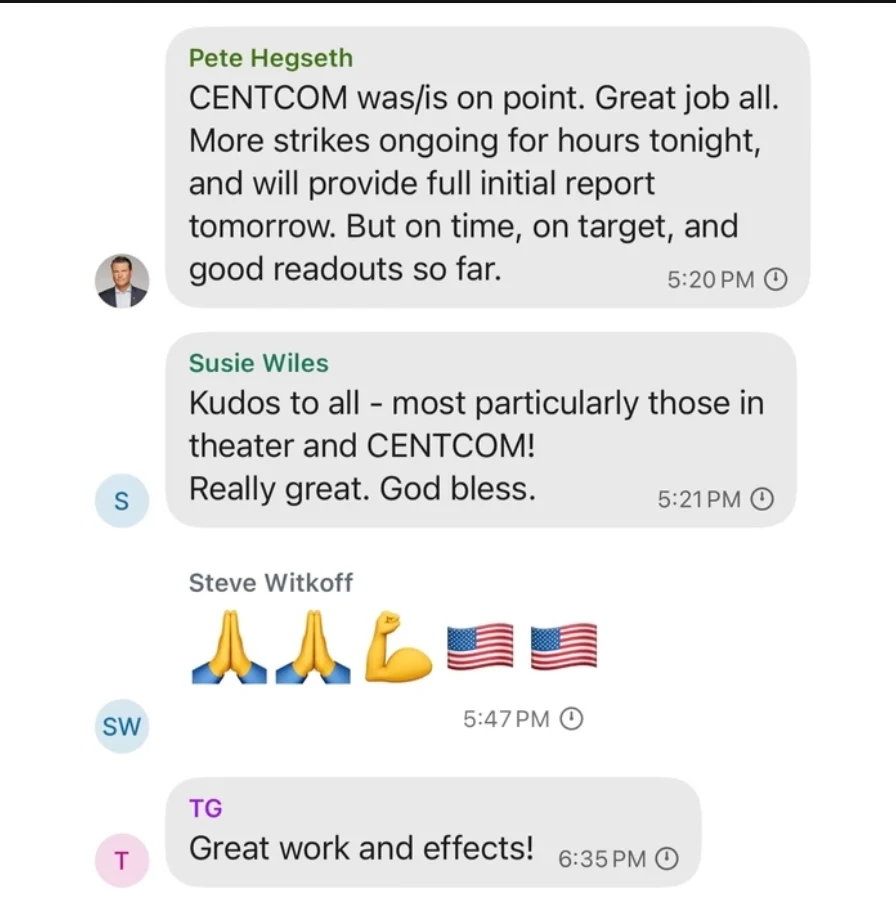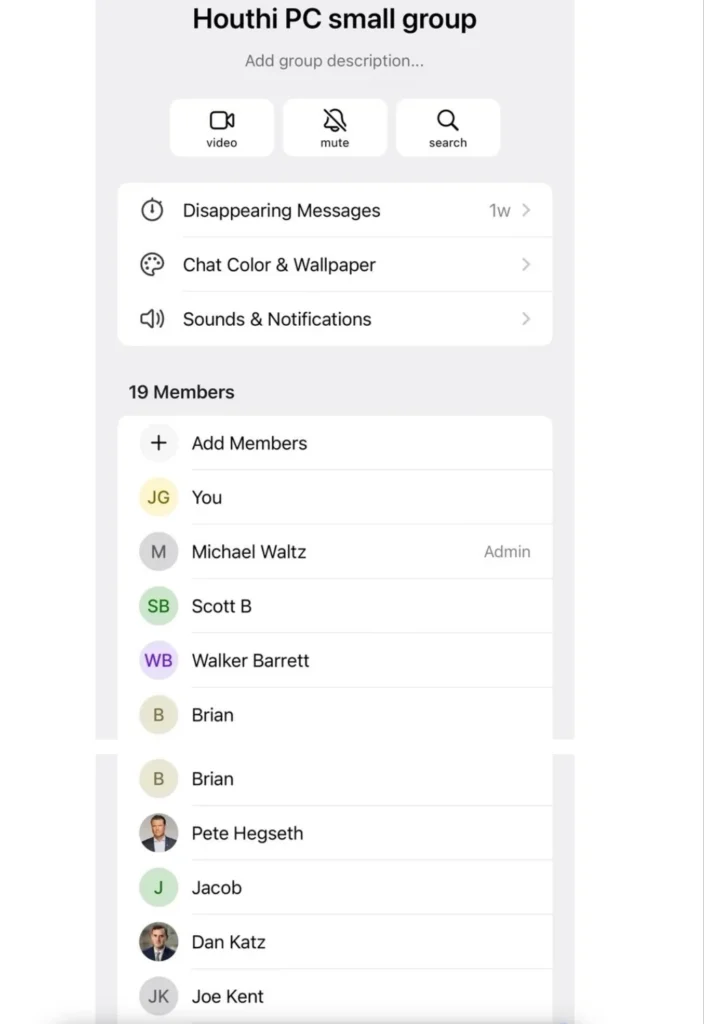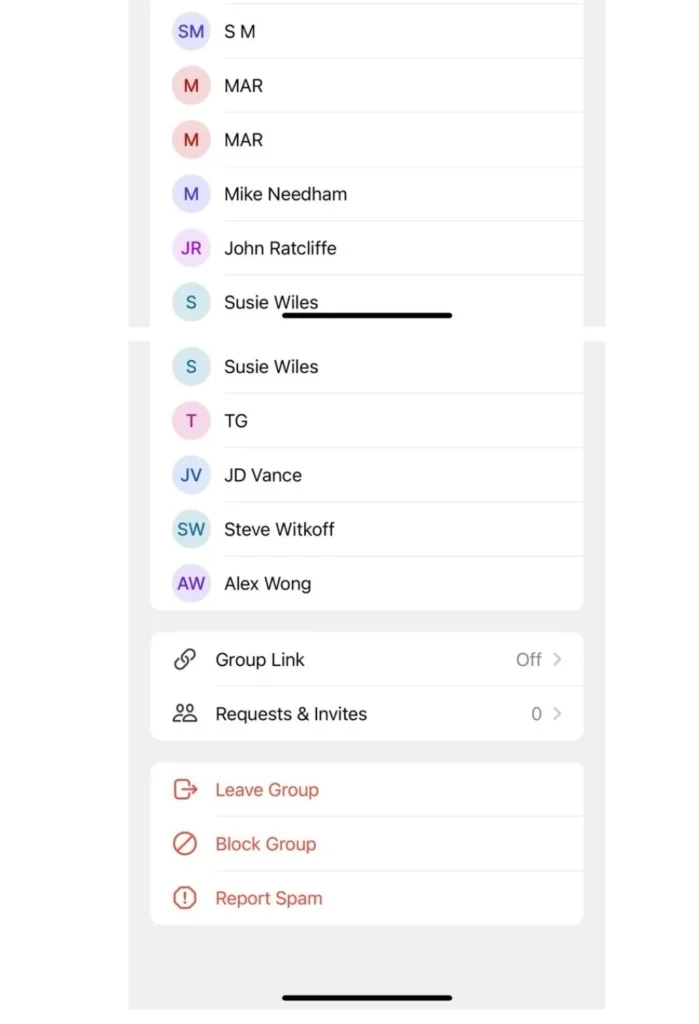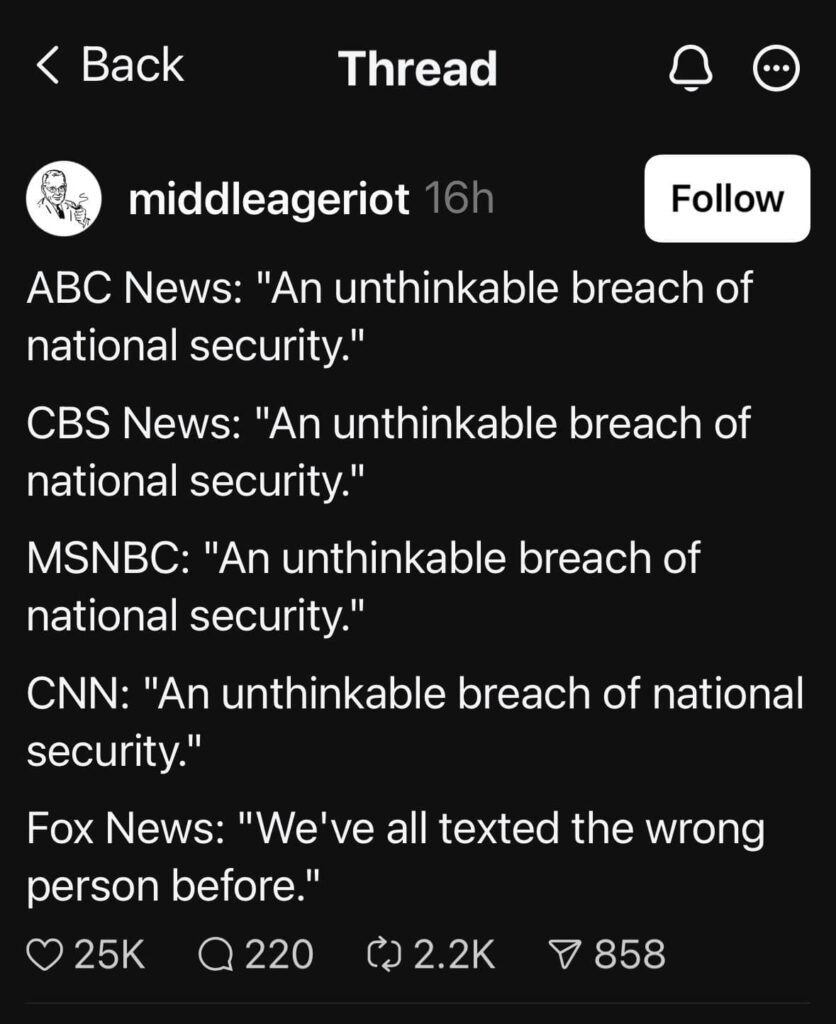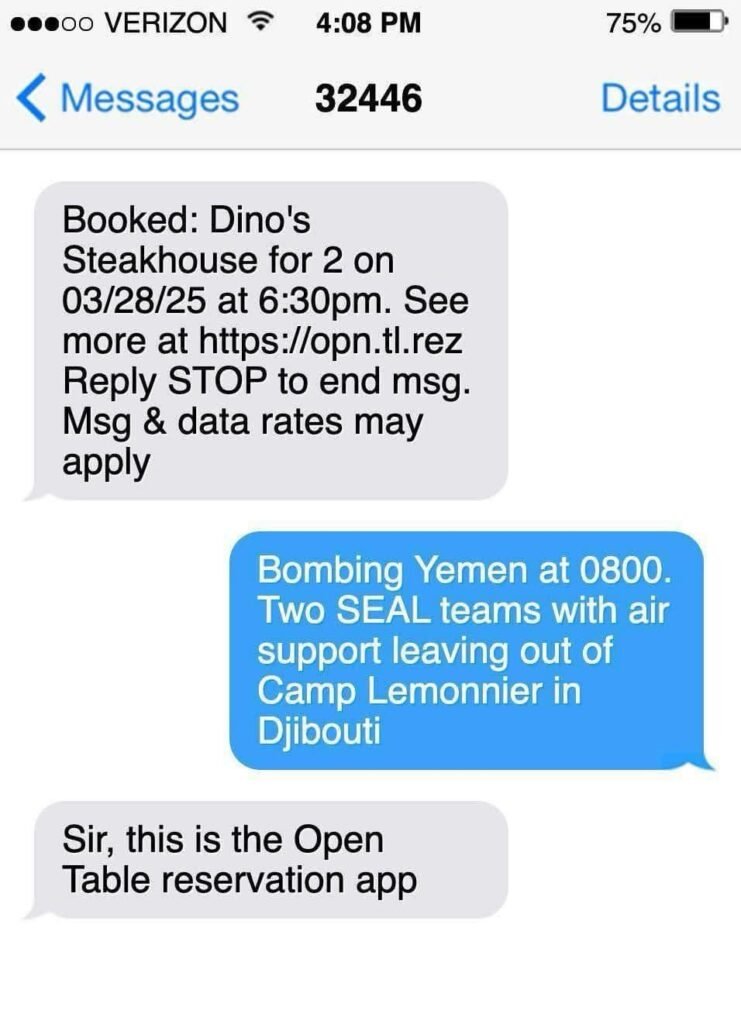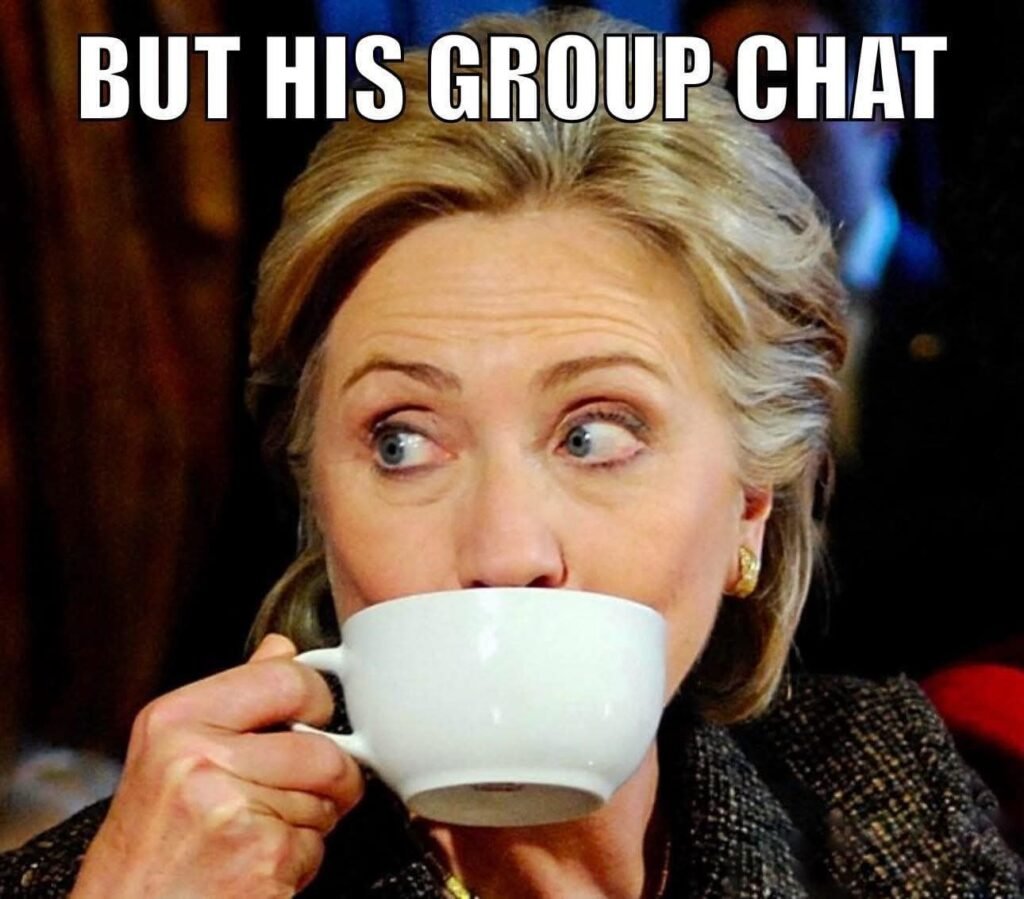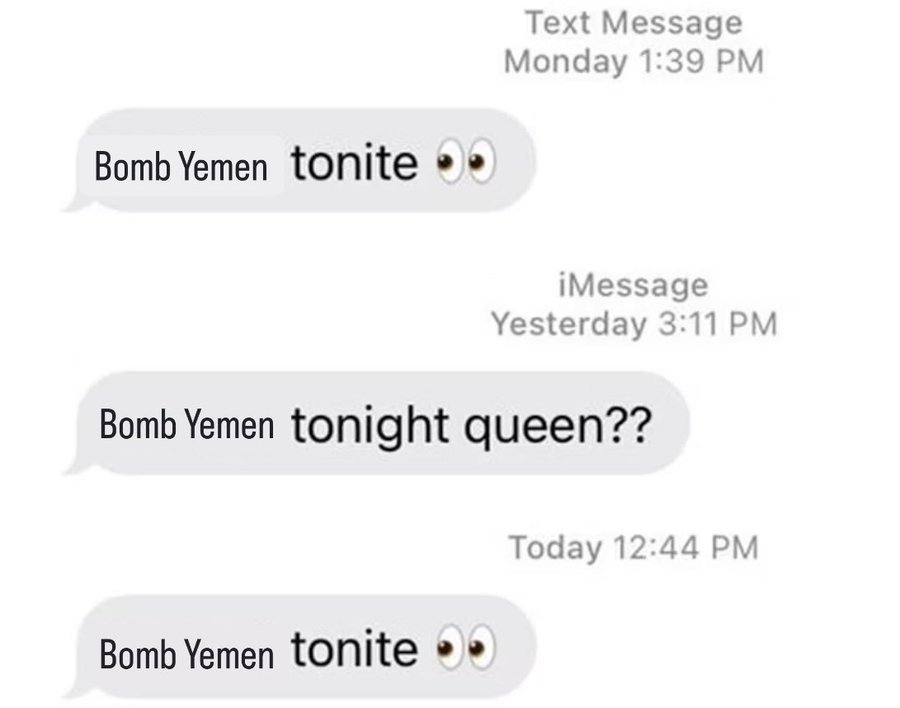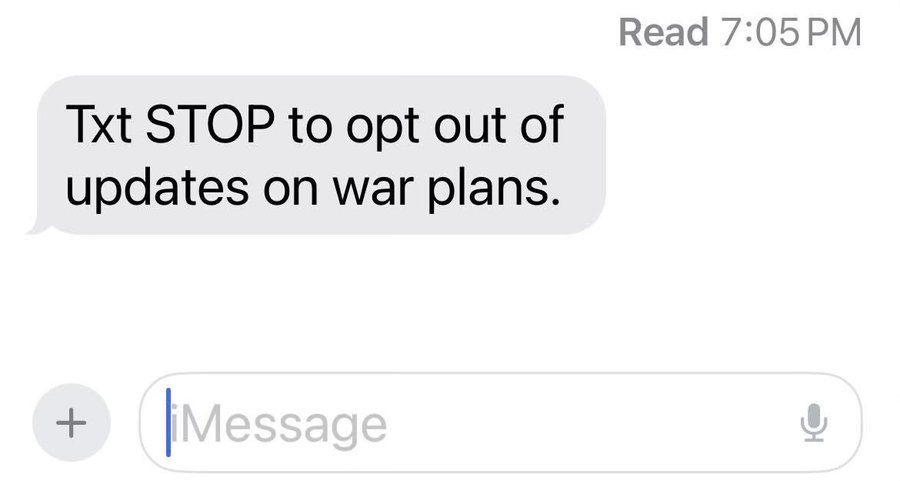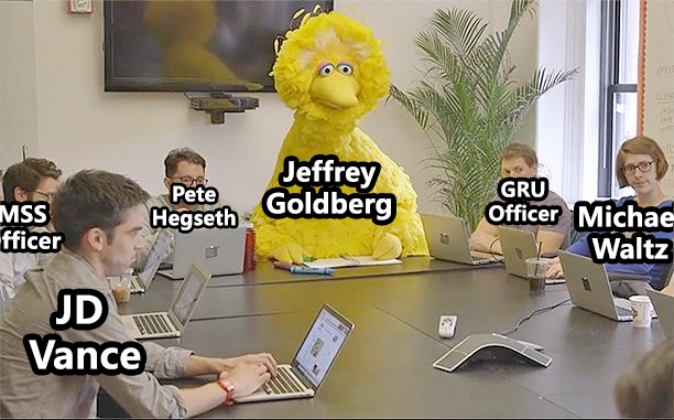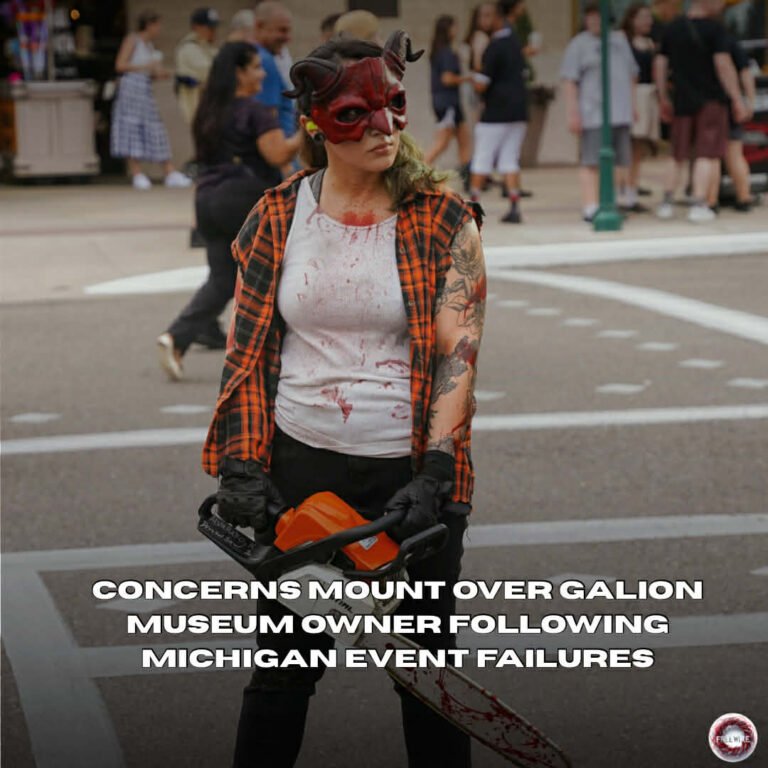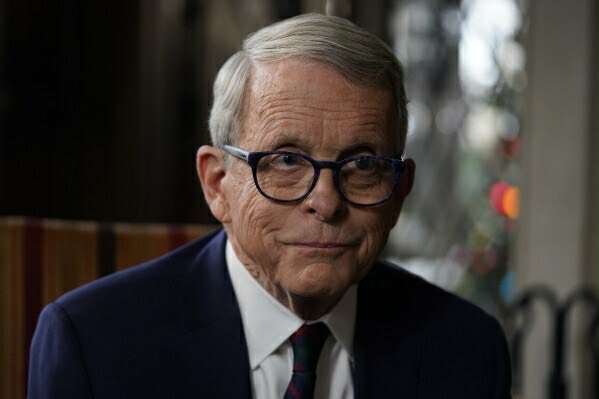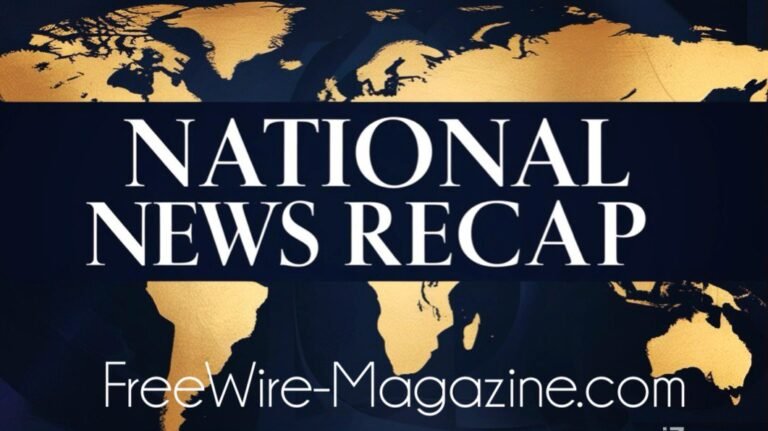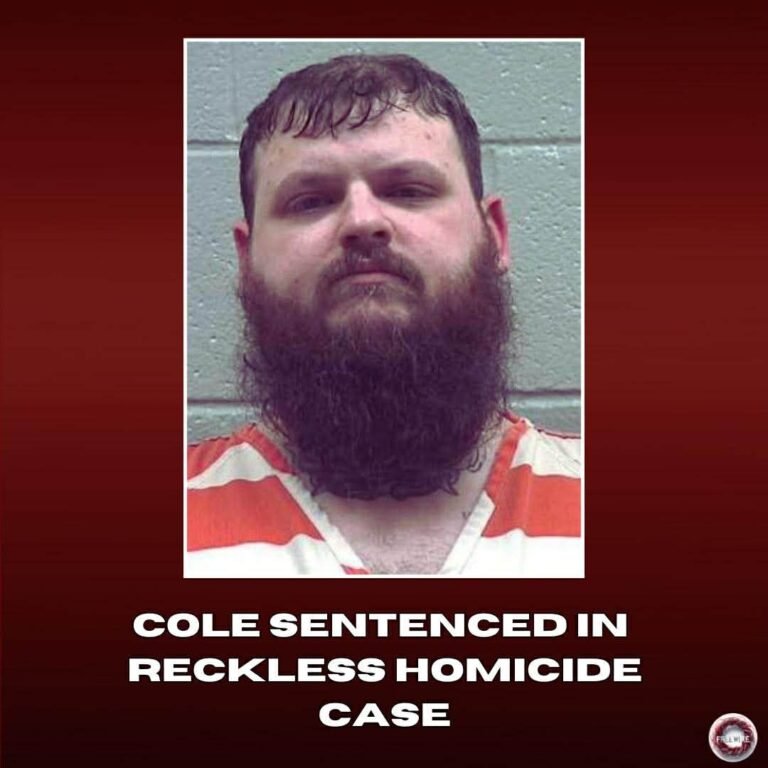By Logan Andrew
Founder/Editor-in-Chief, FreeWire
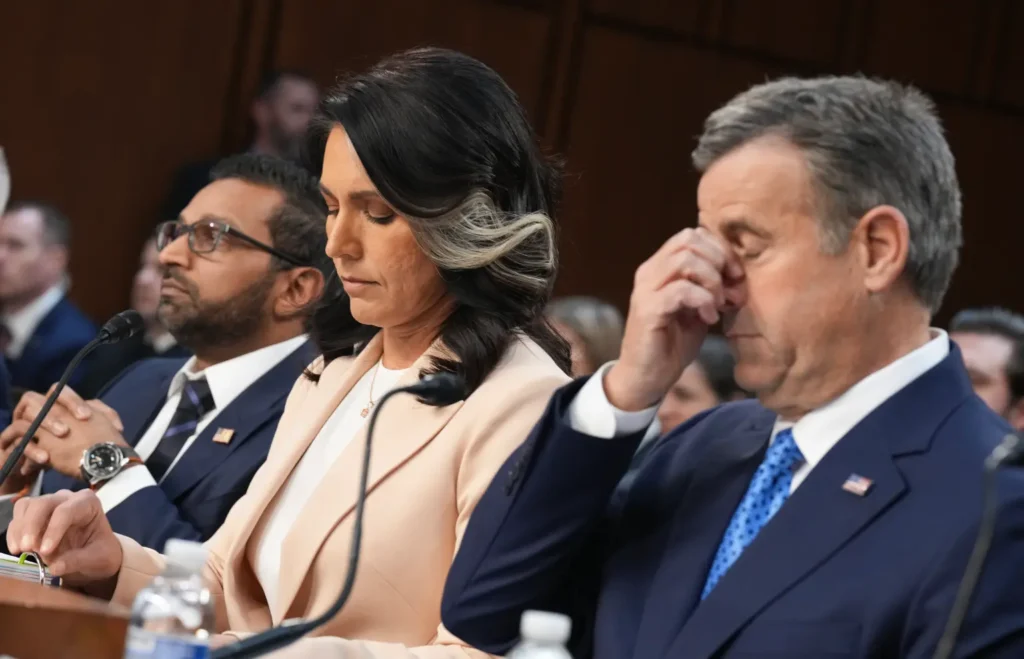
Tulsi Gabbard and John Ratcliffe both claimed at a Senate committee hearing Tuesday that there wasn’t classified information shared on the botched Signal chat.Getty Images
In a stunning lapse of security judgment, top defense officials in the Trump administration found themselves at the center of controversy after mistakenly including The Atlantic editor-in-chief Jeffrey Goldberg in a Signal group chat discussing military operations against Houthi rebels in Yemen.
The breach occurred when National Security Advisor Michael Waltz reportedly created a Signal chat meant for senior officials to coordinate messaging around upcoming airstrikes. Participants included Vice President J.D. Vance, Secretary of State Marco Rubio, Secretary of Defense Pete Hegseth, and someone identified only as “TG” — widely assumed to be Director of National Intelligence Tulsi Gabbard. Despite being pressed by reporters and during Senate testimony, Gabbard has refused to confirm whether she was part of the conversation, dodging questions and citing an ongoing internal review.
What’s beyond dispute is that the group chat contained messages specifying operational details, including timelines for strikes and target locations — messages that The Atlantic has confirmed it received in real time. The leaks happened just hours before bombs were dropped.
While administration officials have attempted to downplay the breach, calling it embarrassing but not dangerous, the fallout has been swift. Senate Democratic Leader Chuck Schumer called it “one of the most stunning breaches of military intelligence in recent memory,” and former Transportation Secretary Pete Buttigieg didn’t hold back either. In an interview earlier this week, Buttigieg — himself a former Navy intelligence officer — called the incident “the highest level of screw-up imaginable,” going on to say, “If I made a mistake like this as a lieutenant, I’d not only be fired — I’d likely be prosecuted.”
You can read Buttigieg’s full comments here.
The administration has promised an internal investigation and President Trump has publicly expressed continued support for Waltz, calling him a “good man who made a mistake.” But with rising bipartisan concern and mounting public scrutiny, it remains to be seen whether that support will hold.
This breach has reignited debates over the handling of sensitive information and the wisdom — or lack thereof — of using consumer-grade messaging apps for discussions involving national security. According to experts, while Signal is encrypted, it’s far from certified for classified communications, and the use of such platforms could violate federal security protocols and laws.
For now, the White House insists that no classified material was technically shared, but as screenshots of the messages continue to circulate and pressure builds on officials like Waltz and Gabbard, this incident may prove difficult to dismiss as a simple mistake.
As always, we’ll continue following this story and bring you updates as they come.
For now, the White House insists that no classified material was technically shared, but as screenshots of the messages continue to circulate and pressure builds on officials like Waltz and Gabbard, this incident may prove difficult to dismiss as a simple mistake.
As always, we’ll continue following this story and bring you updates as they come.
Meanwhile, the internet has done what it always does — turning a national security scandal into meme fodder. From satirical recreations of the chat using Among Us characters to mock screenshots labeling Pete Hegseth as the “group project guy who shares everything on Day 1,” social media has lit up with commentary, jokes, and criticism. Here are some of the best memes and reactions we’ve seen so far this week.







